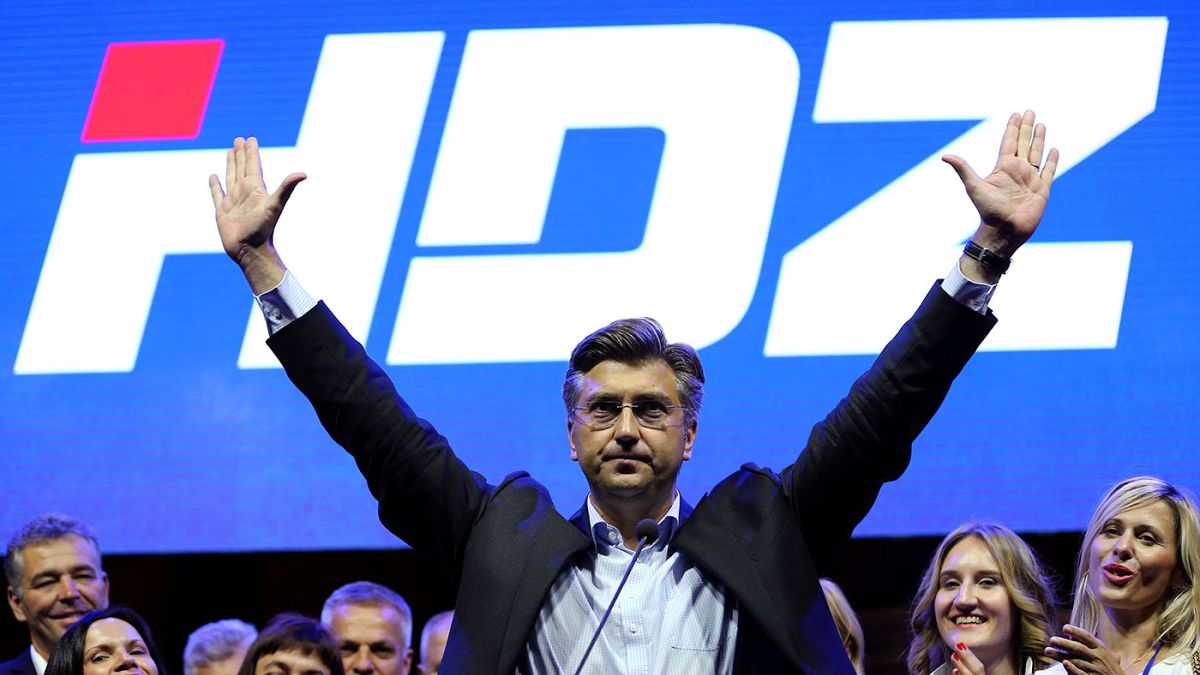Polls are predicting a close result and another coalition lacking a clear mandate to push through the painful cuts and restructuring being urged by European authorities.
Croatia has gone to the polls to choose a government for the second time in less than a year.
Experts are predicting a close result and the possibility of another coalition that lacks a clear mandate to push through the painful cuts and restructuring being urged by European authorities.
Croatia holds a snap election on Sunday. Here's what you need to know https://t.co/LAgauYgoZGpic.twitter.com/cWHwrBHTNg
— Bloomberg (@business) September 10, 2016
#Croatia votes in snap election, new coalition cabinet loominghttps://t.co/OOhgTiqvKepic.twitter.com/cbwCPqWvxs
— Yeni Şafak English (@yenisafakEN) September 11, 2016
The practical details
Almost 7,000 polling stations opened at 7 am local time on Sunday and will close at 7 pm.
Preliminary official results are expected around 10 pm but exit polls after voting closes may prove to be a good indicator.
The politics
A Social Democrat-led four-party alliance stands to win about 60 of 151 seats in a fragmented parliament.
Polls suggest its conservative rival, the Croatian Democratic Union (HDZ) should be a few seats behind.
Under former Prime Minister Zoran Milanovic, the SDP hopes to wrest control from the short-lived technocratic government.
But the HDZ hopes a new leader, European Parliamentarian Andrej Plenkovic, can make up lost ground and renew the coalition.
A close result will leave both parties seeking support from the centre-right Most (Bridge) party.
Most was also the king-maker after last November’s elections and wants to end the 20-year dominance of the big parties it accuses of clientelism and corruption.
What is a “king-maker”? find out here
What happened to Croatia’s last government?
The previous HDZ/Most centre-right coalition collapsed after just five months.
There had been rows over political appointments, public administration reforms and a conflict of interest case.
Croatia’s challenges
The next government faces the enormous task of revitalising one of the EU’s weakest economies.
Observers say Croatia is dominated by state enterprises and excessive red tape is deterring private investment.
What they are saying
“Most of our politicians are not really interested in the economy. Now we have some growth and a lower budget deficit, there is a risk that reforms will remain tepid,” – unnamed economic official.
“Our current growth potential is 1.5 to 2.5 percent but we need at least 3.5 percent to 4.0 percent,” – Raiffeisen analyst Zrinka Zivkovic Matijevic.
